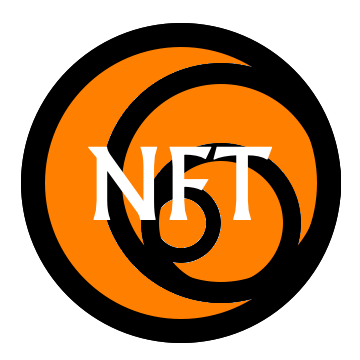Non-fungible tokens (NFTs) represent unique digital assets that are typically used to represent ownership of digital art, collectibles, virtual real estate and other digital items. (For some background on NFTs see my primer.) Determining whether an NFT is a security is a complex and evolving legal question that depends on numerous factors and the jurisdiction in which they are being evaluated.
In the United States, an NFT will be classified as a security if it meets the legal criteria for a security under the Securities Act of 1933.
Under US security law, securities include the familiar stocks, bonds, notes and, perhaps less familiar, investment contracts.

Since 1946, the U.S. Securities and Exchange Commission has applied the Howey Test to determine whether a transaction is an investment contract and, thus, a security. Under the Howey Test, a transaction is an investment contract, if:
- it is an investment of money
- the investment is in a common enterprise
- there is an expectation of profits from the investment
- the profit comes from the efforts of a promoter or third party
If an NFT meets these criteria, it could be classified as a security and be subject to relevant securities regulations, such as registration with regulatory authorities and compliance with disclosure requirements.
Some NFTs probably don’t meet these criteria. These NFTs may be decentralized such that no single entity or person has control, or primarily have a utility—versus an investment—purpose. The following types of NFTs probably do not pass the Howey Test. They are not likely to be considered securities:
- digital art and collectibles
- virtual real estate
- in-game items and other virtual goods
- domain names
- content licensing and royalties
- ticketing and access tokens
- memorabilia and fan tokens
On the other hand, the following NFTs are likely to be considered investment contacts and, thus, securities:

- NFTs that are marketed as investment opportunities, promising potential profits or returns, and are sold with the expectation that buyers will profit primarily from the efforts of others
- NFTs that represent ownership in a larger asset, such as real estate, art funds, or other investment vehicles, and are sold to multiple investors with the promise of collective profits
- NFTs that incorporate profit-sharing mechanisms, where purchasers receive a share of revenue generated from the NFTs’ use or resale
- NFTs sold through an initial coin offering or token sale that in itself meets the criteria of a securities offering
- NFTs that represent ownership in revenue-generating assets or projects, with profits derived primarily from the efforts of others
It can’t be emphasized enough that the determination of whether an NFT is a security is a nuanced and complex legal question that depends highly on the NFT’s structure and marketing. Each case needs to be evaluated on its individual merits.
If you are involved in creating, selling, or investing in NFTs and are uncertain about their regulatory status, you should consult a legal expert who has a deep understanding of these issues. This will help you navigate the legal landscape and ensure compliance with applicable regulations.
So, are NFTs securities in the United States? Maybe. It depends.
As usual, reach out if you have any questions.
Alan N. Walter